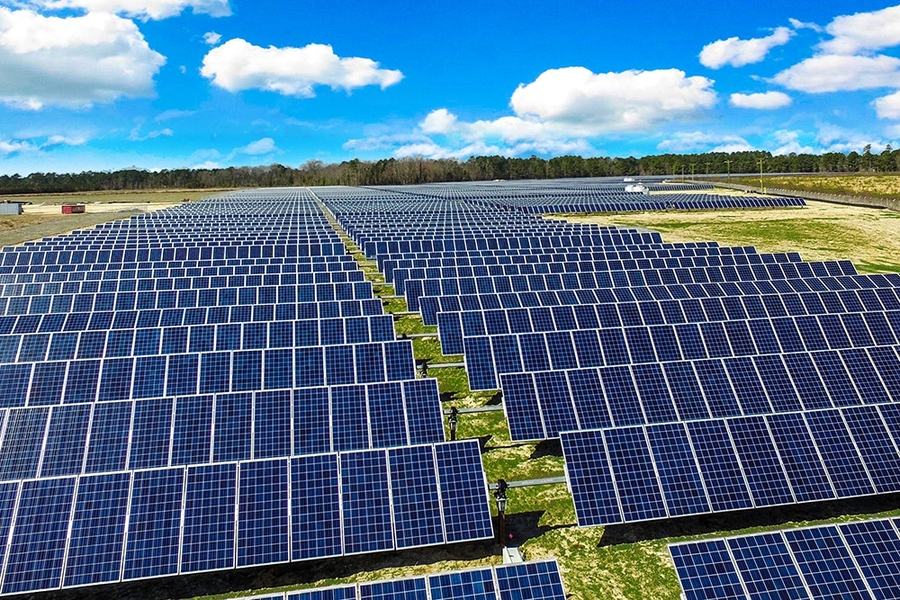In the quest for sustainable energy solutions, solar panel systems stand out as a beacon of hope. These marvels of modern engineering not only promise to reduce our carbon footprint but also offer a plethora of benefits to the economy and the environment. However, like any technology, they come with their own set of challenges. In this article, we delve into the advantages and disadvantages of solar panel systems, their economic impact, and their overall effect on our planet.
The Bright Side of Solar Energy
1. Renewable and Abundant: Solar energy is inexhaustible, unlike fossil fuels. It provides a limitless source of power that can significantly reduce our dependence on non-renewable energy sources.
2. Environmental Benefits: Solar panels produce energy without emitting harmful pollutants, contributing to cleaner air and water, and combating climate change.
3. Economic Growth: The solar industry has been a job creator, employing millions worldwide in manufacturing, installation, and maintenance roles.
4. Energy Independence: By harnessing the sun’s power, countries can reduce their reliance on imported fuels, enhancing their energy security.
5. Reduced Energy Bills: For homeowners and businesses, solar panels offer the potential for significant savings on electricity costs over time.

The Shadow Side of Solar Power
1. High Initial Costs: The upfront investment in solar panels and installation can be prohibitive for some individuals and businesses, despite falling prices over the years.
2. Intermittency and Storage Issues: Solar energy is not constant; it varies with the time of day and weather conditions, necessitating efficient storage solutions to ensure a steady power supply.
3. Space Requirements: Large solar installations require significant space, which can be a challenge in urban areas.
4. Manufacturing and Recycling Concerns: The production of solar panels involves energy-intensive processes and materials that can be harmful if not managed properly. Recycling old panels also poses challenges.
Economic Impact and Beyond
Solar energy’s economic impact is profoundly positive. It drives investment, reduces energy costs, and stimulates job creation. Moreover, it can play a crucial role in addressing energy poverty, providing affordable electricity to underserved communities. As the cost of solar technology continues to decrease, its adoption accelerates, promising more significant economic benefits and environmental healing.
However, to fully harness these benefits, governments, businesses, and individuals must work together to overcome the challenges. This includes investing in research and development to reduce costs further, improve efficiency, and solve storage problems. Policymakers must also create favorable regulatory environments to encourage the adoption of solar energy.
Solar panel systems represent a vital component of our transition to a sustainable energy future. While they come with certain drawbacks, the advantages far outweigh the disadvantages, offering a clean, renewable, and economically beneficial energy source. As technology advances and societal commitment to sustainability grows, solar energy stands ready to light our way to a greener, more prosperous world.





